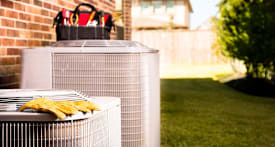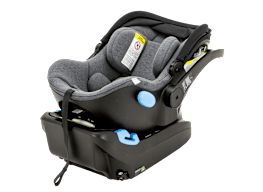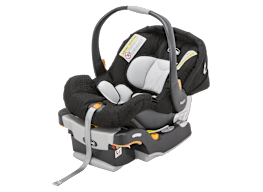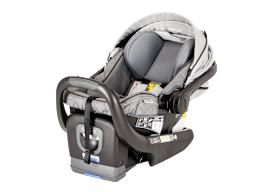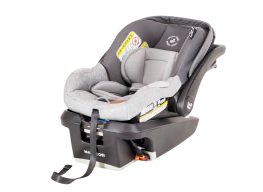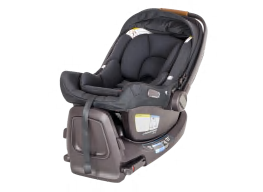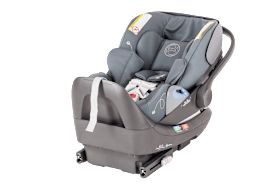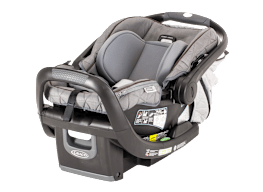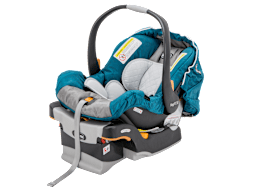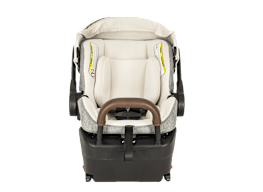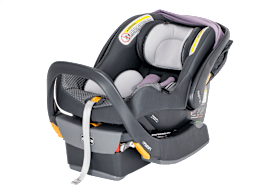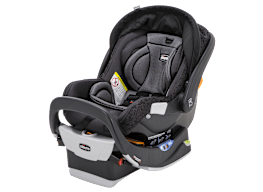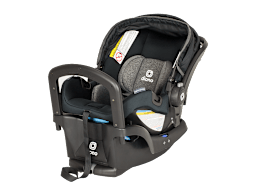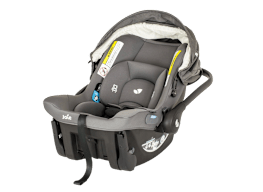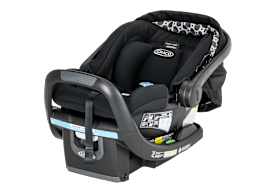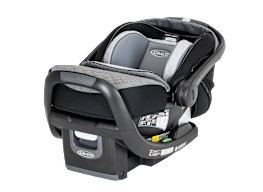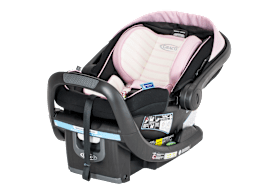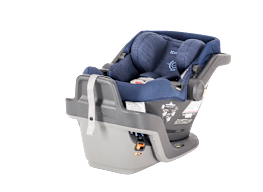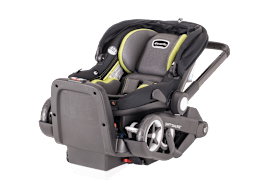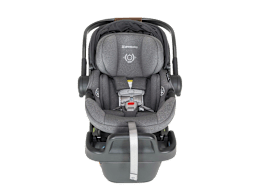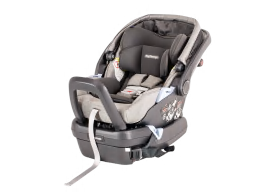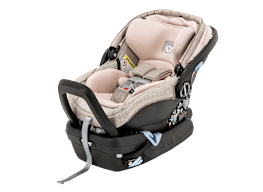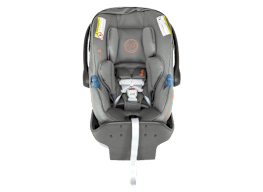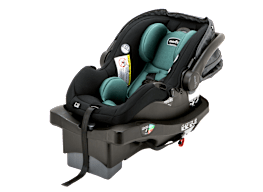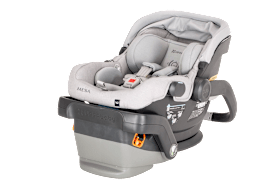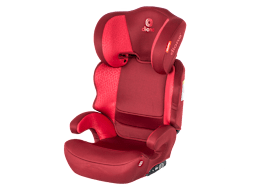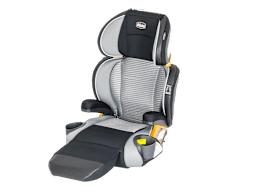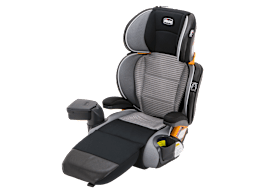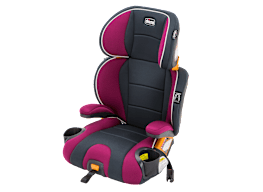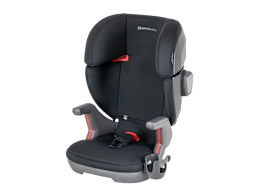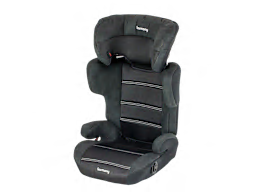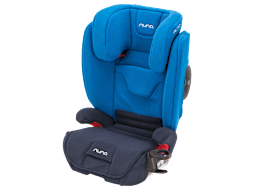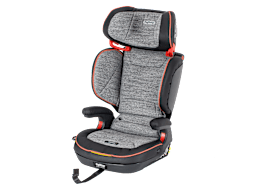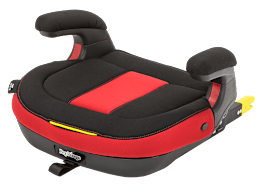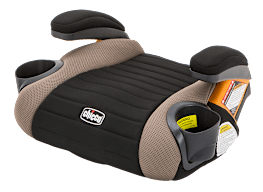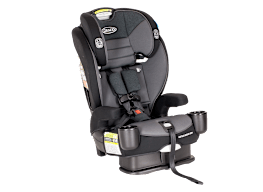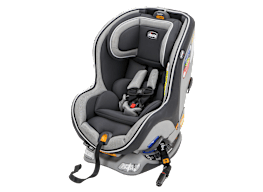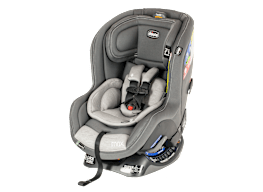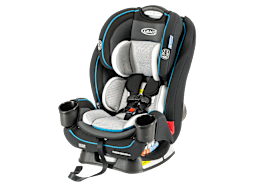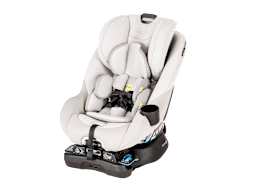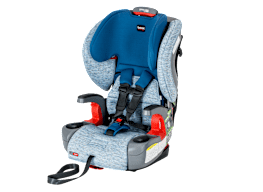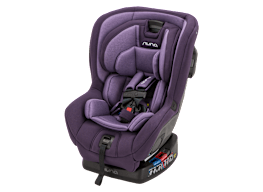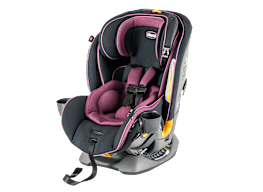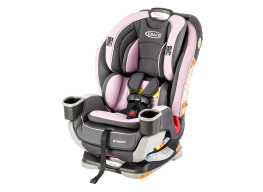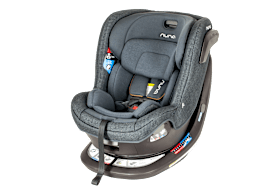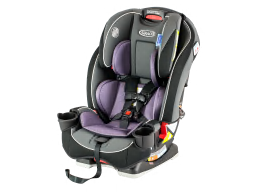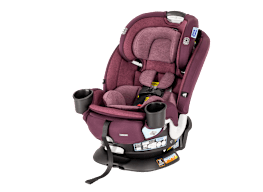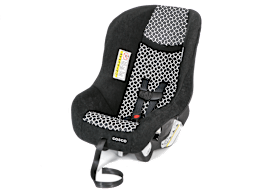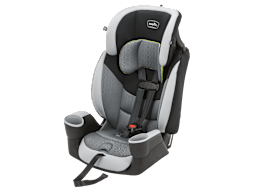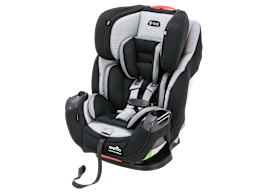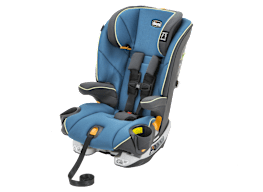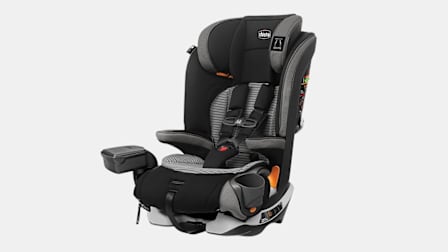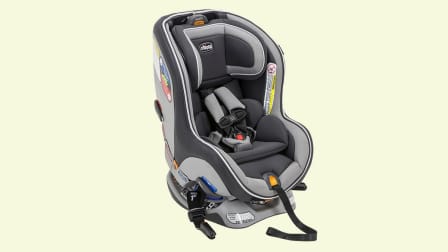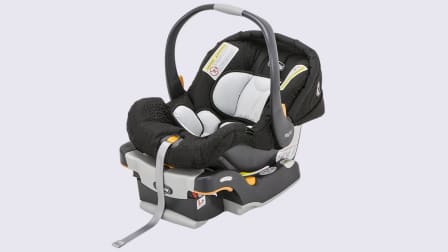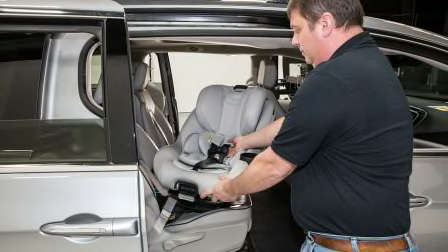How Tariffs Will Affect Baby Gear Prices—and What Parents Can Do Now
New parents already struggling with high prices will be hit hard by rising costs for baby products
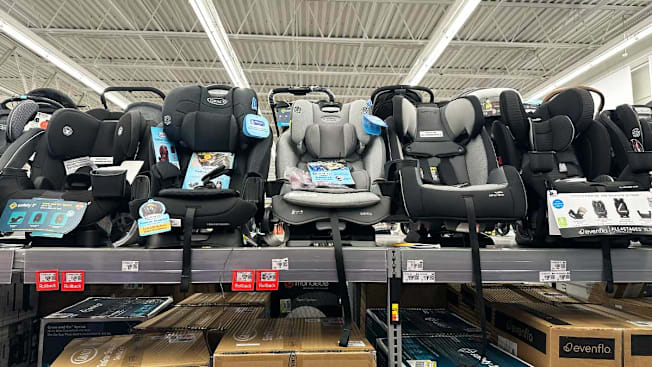
With new tariffs threatening to raise prices on baby gear like car seats, strollers, and cribs, members of Congress, as well as the Juvenile Products Manufacturers Association, have called for an exemption to help parents and caregivers. In the meantime, new and expecting parents are wondering how they can plan in the coming months as tariffs have an impact on the cost of already pricey baby essentials. But there are steps you can take to offset some of those potential costs, and both baby industry leaders and lawmakers are advocating for ways to relieve the burden on parents.
What Tariffs Could Mean for Baby Gear
The April 2 announcement of widespread tariffs on foreign imports will have an impact on big-ticket baby gear items such as car seats, strollers, cribs, and high chairs from many popular brands that are manufactured abroad, such as Clek, Nuna, UppaBaby, and Chicco. Some lawmakers fear that the prices of these essential items will only get more expensive, making it even more difficult for families to afford the basics they need to keep their children safe.
How This Might Affect Parents
A 2025 survey from Babycenter, quoted in the letter from Congress members, reported that raising a child in the U.S. today costs families upward of $20,000 in the first year alone. The survey also found that 37 percent of expecting parents surveyed said they were worried about finances, and 25 percent said they had decided to have fewer children because of the high cost.
Piling onto an already unfriendly economic landscape (because of ongoing inflation, a continuing child care crisis, high housing costs, and a lack of federal paid parental leave), any further price increases can stretch a family’s budget to the breaking point. If this happens, and families are unable to afford the essentials they need, they may be more likely to use secondhand baby gear, which can be risky, according to baby product safety experts.
“The results can be devastating when families are forced to rely on secondhand or older products that do not meet current safety standards, makeshift alternatives that create risks, or even going without protective products at all,” says Lisa Trofe, executive director of JPMA and JPMA Cares.
“We recognize that unfair trade practices need to be confronted, but the safety of infants and young children must be prioritized,” Trofe says. “The death of even one child due to the unavailability of affordable lifesaving baby products is too many.”
What Parents Can Do Now
“While products are likely to increase in cost, it is important not to panic,” Trofe says. If you’re concerned about the potential rising costs of baby gear, here are a few ways to save money on bigger purchases.
Don’t panic shop, but consider buying now. Though new tariffs take effect on April 5, you still have some time to make key purchases in the categories likely to be most affected by them, such as strollers, cribs, high chairs, and car seats. And the prices may not go up overnight. If you’ve got some big items already picked out on your baby registry, it could be worthwhile to buy those sooner rather than later. But it’s not worth panic buying just because you’re worried about potential price increases down the line. Our guide to scoring deals on baby products can help, and so can our Deals hub.
Streamline your priorities. “Prioritize purchasing a product that ensures your child has a safe place to sleep and a car seat in which to transport them safely,” Trofe says, which can help you stay focused on the big picture. She suggests researching the product category well before purchasing and choosing products that grow with your child, like an all-in-one child car seat.
Save the date for big sales. If you have the flexibility to time your purchases, wait for larger sales to help soften the sticker price. Companies and large retailers often hold sales around big holidays, and Amazon’s semi-annual Prime Days in July and October usually mean that other retailers have competing sales around that time, too.
Look into rentals. In some cases, you can rent the pricier items you might only use for a short time, like a Snoo bassinet or a travel crib you might only need for longer trips.
Seek out free options. Some state health departments feature programs that offer families free child car seats. Check to see the offerings in your state and eligibility requirements here.
Be cautious about buying secondhand. Some baby items, like clothes, books, and toys, are generally safe to buy secondhand or receive as hand-me-downs. But safety-focused gear like strollers, bouncers, cribs, crib mattresses, child car seats, and high chairs could be risky, as the item may have been previously recalled, have updated safety standards, or have structural problems like sagging that may make it no longer safe to use. It’s best to buy these must-haves new if you’re able. But, Trofe says, “if it becomes essential for the safety and care of your child to use secondhand products or reuse products from a previous child, always check cpsc.gov/recalls to be sure it hasn’t been recalled.” Calling the manufacturer’s customer service line is another good bet if you need replacement parts, instructions, or labels, she says.











